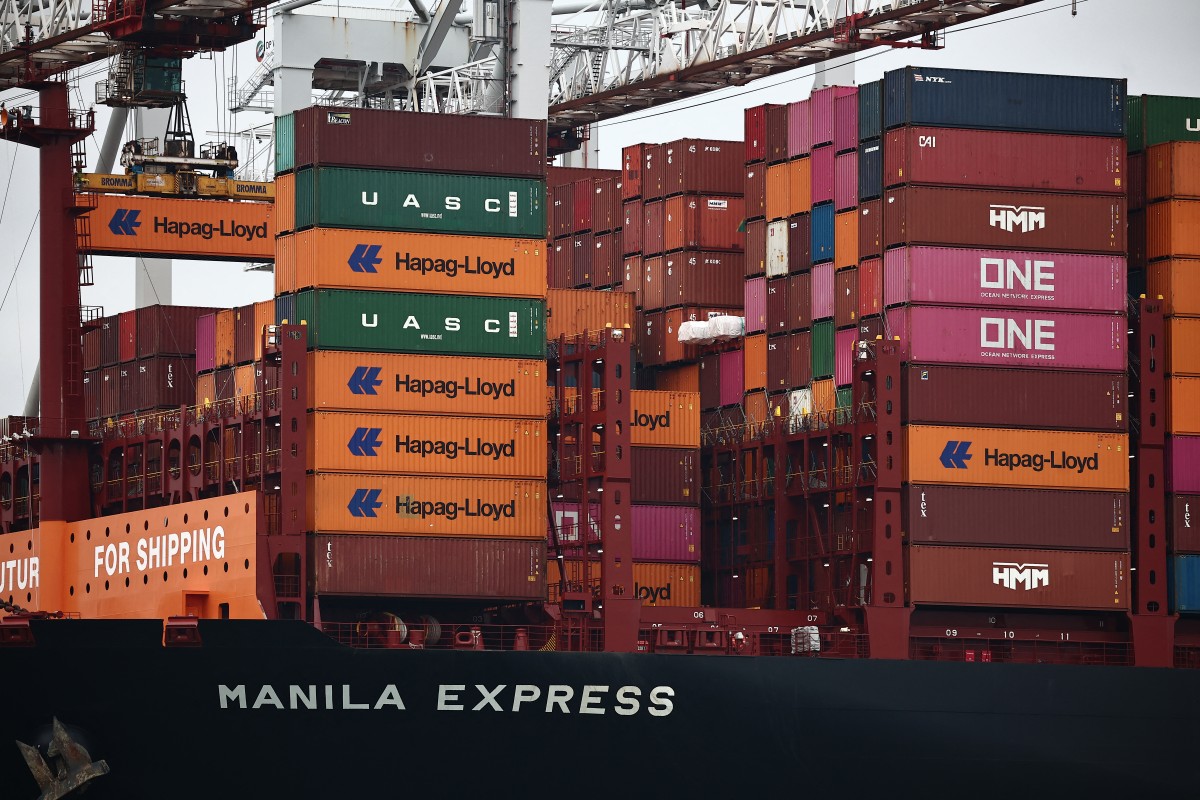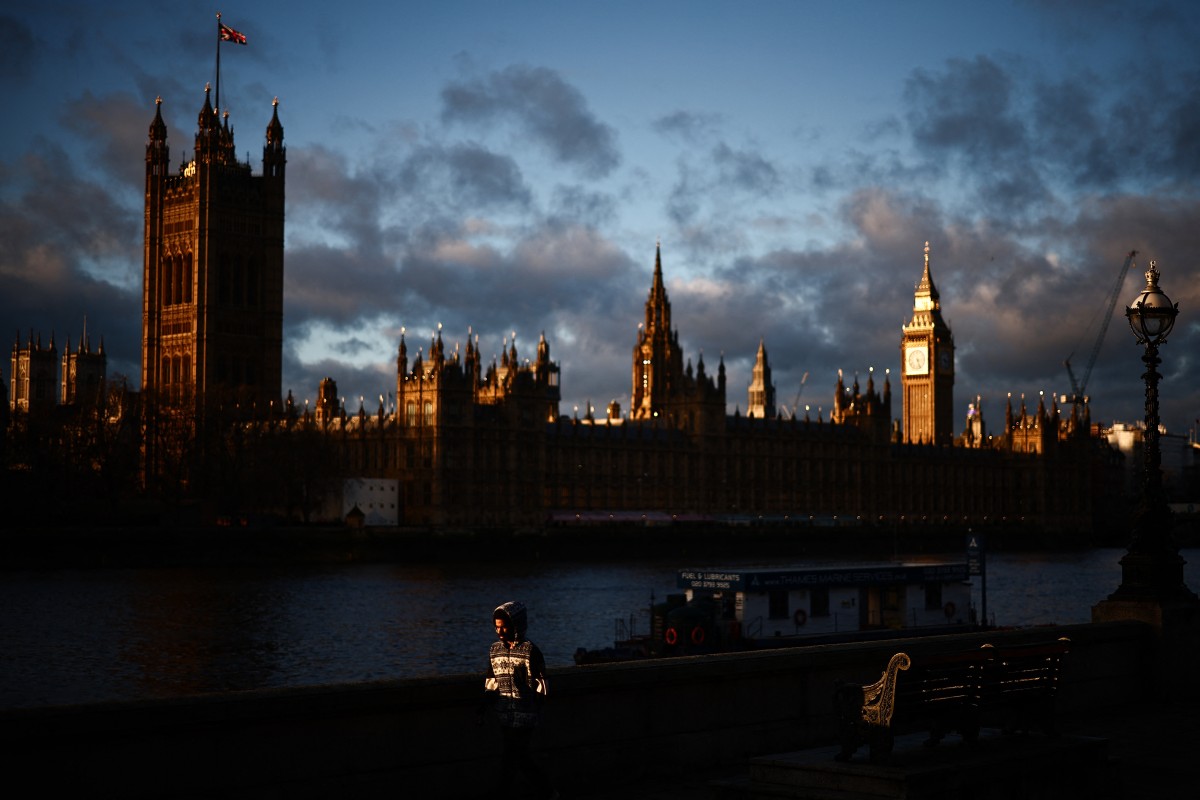
LONDON - As transatlantic trade negotiations intensify, British Chancellor of the Exchequer Rachel Reeves has reaffirmed that Britain will not sacrifice its regulatory standards to secure a trade agreement with the United States.
"Britain will not lower its standards or water down regulation in exchange for a trade deal with the US," Reeves said in a televised interview ahead of her meeting with US Treasury Secretary Scott Bessent in Washington. Her remarks represent the firmest public stance yet from the British government as trade talks have drawn renewed attention amid escalating global trade tensions.
Reeves emphasized that British standards on food safety, digital protections, and road standards are "non-negotiable", especially as they closely align with the European Union norms. "We've just passed the Online Safety Act and the safety, particularly of our children, is non-negotiable for the British government," she said.
The Online Safety Act, enacted in 2023, requires tech companies to take stronger measures to protect children from harmful online content. Despite strong opposition from US tech firms, Reeves reiterated that "compromise on the Online Safety Act has been ruled out," underscoring the government's unwavering position on digital safeguards.
ALSO READ: Britain sets first codes of practice for tech firms in online safety regime

Selective concessions
While holding firm on non-tariff regulatory issues, Britain signaled it may consider targeted concessions in other areas to facilitate progress. According to reports, the British government is exploring the possibility of reducing tariffs on US automotive imports from 10 percent to 2.5 percent, a goodwill gesture that maintains domestic safety while encouraging dialogue.
In a related move, Reeves unveiled a new trade policy package during her visit to Washington, where she is attending the annual Spring Meetings of the International Monetary Fund.
Key components of the trade package include a review of the customs exemption for low-value imports, which currently allows goods valued under 135 pounds ($178.96) to enter Britain without duties. British retailers have long criticized the exemption for giving foreign e-commerce platforms an unfair price advantage. Stakeholder consultations on potential reforms are due next month.
ALSO READ: Looser food standards off the menu in any US-UK trade deal, UK says
Additionally, the British Trade Remedies Authority (TRA) will receive additional resources to accelerate investigations into unfair trading practices such as the dumping of cheap goods. The TRA will also expand support to small and medium-sized enterprises and strengthen monitoring of trade data to better detect emerging threats to British businesses.

Navigating between US tariffs and EU alignments
"We must stand up for free and open trade - crucial to deliver our Plan for Change to make everyone better off. We must help businesses keep their access to trade around the world," Reeves said in Washington. "This government is meeting the moment to protect fair and open trade."
The announcements come as Britain navigates a shifting global trade landscape. US President Donald Trump's "Liberation Day" tariffs have fueled protectionist sentiment, roiled global markets, and driven up Britain's borrowing costs, adding urgency to London's efforts to diversify trade and stabilize its economic outlook.
Meanwhile, the EU has taken an assertive stance on digital market regulation. On Wednesday, EU regulators fined Apple and Meta a combined 700 million euros for violations of the bloc's Digital Markets Act (DMA), a move widely seen as a signal of Brussels' determination to rein in dominant US tech firms under European rules.
Analysts note that Britain is carefully balancing pressures from both sides of the Atlantic. "Lowering standards for the Americans would make that deeper alignment with the Europeans impossible," observed a recent analysis by Sky News.


